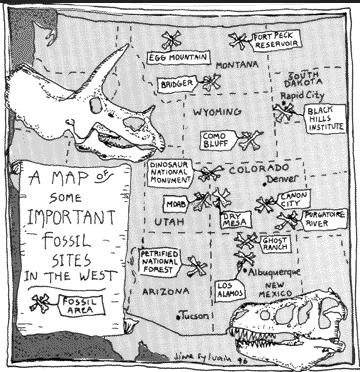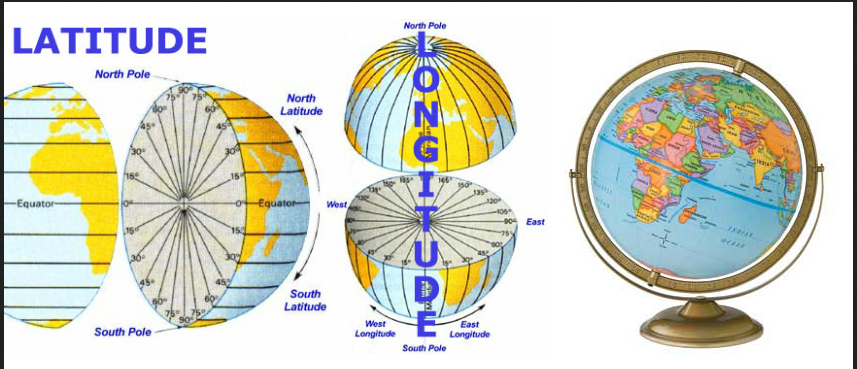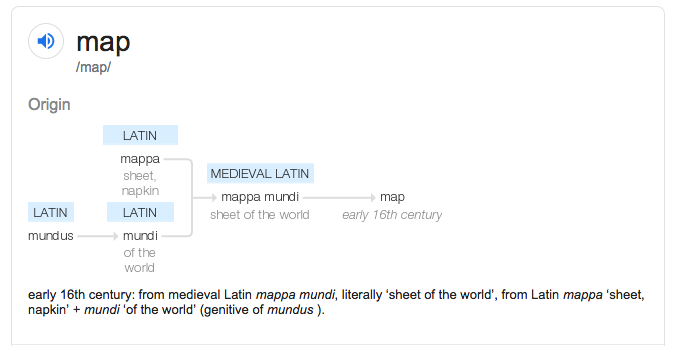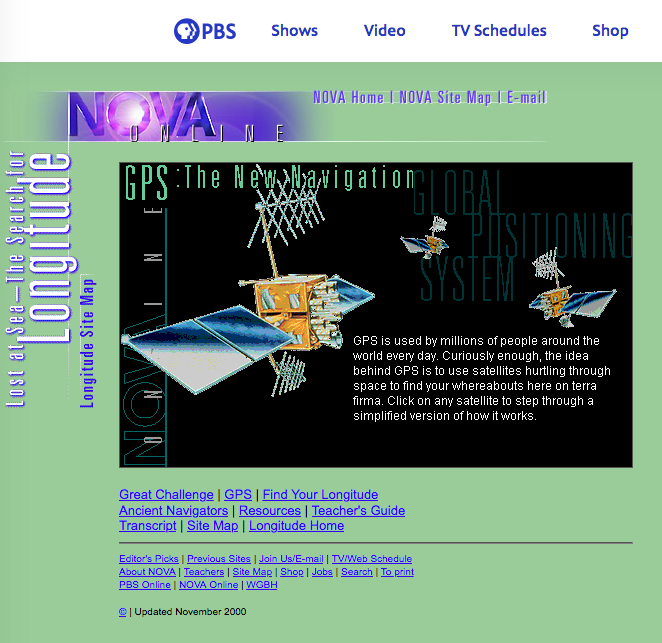UNhomeLESS
Jason Leggett, J.D., Assistant Professor of Law and Society, CUNY Kingsborough. Leggett’s expertise in legal consciousness and rights mobilization research will help provide a larger context for analyzing proposed solutions and underlying causes of the housing crisis. He will be working with Manon Vergerio and Rob Robinson to integrate digital mapping as a tool to analyze public law and housing policy as well as deconstruct some of the common misconceptions about what it means to be without a home. Prof. Leggett has extensive experience in humanities work including a National Endowment of the Humanities Grant, Bridging Cultures to Form a Nation: The Humanities and Democratic Learning and a Bringing Theory to Practice Grant: Brooklyn Public Scholars. He has also published in Springer International and Scholarship in Teaching and Learning Innovative Pedagogy about how public education can use science and technology to solve socio-legal challenges through humanities discourses. He has also published on culturally responsive pedagogies and fake news and has presented numerous presentations on public crises and dialogue for social change. He has been a Human Rights and Open Pedagogy Fellow and has been awarded a CUNY Interdisciplinary Studies Grant on Climate Change Action and awards for using interactive technology for open education. Prof. Leggett’s current research examines how dialogue intersects with social groups’ ability to develop critical-agency in order to confront pressing socio-legal crises, including housing, statelessness, migration, climate change, and legal education.
Research Question: Can an integration of Arts and Social Science change ordinary folks’ perceptions about the causes, narratives, and structures of homelessness?
Social Science meets Art.
The visualization of data has not been adequately modified to reach larger publics inside traditional academic circles. While many worthwhile findings have been scientifically developed over the last 100 years, many ordinary folk are skeptical of, or reject outright, the knowledge generated within these knowledge communities. This is a bigger loss than may at first appear. If politics can be framed as a struggle for power, those without scientific knowledge are doomed to be powerless. This may not have been true at the onset of the information age but as data becomes more widespread (a 2 trillion dollar bull run) and consumer markets continue to be manipulated for increasing profits (money capital) those without control over data are without control of their own lives in economic, political, and structural realities.
Consider an obviously taken for granted human need: public bathrooms. Co-researcher and artist Tommy Mintz put together a map in NYC on this topic.
And consider a historical map of the Atlatnic Slave Trade: click here
Or of Homelessness Services in Toronto: click here
Mapping Utopia: De-constructing the sheet of our world.
Origins.
I have always been fond of maps. At the age of 7 I wrote a short story for my school where the hero quested to kill a dragon (my school was called Camelot). The hero set out with his trusty companion, an owl, and a map and a compass. In the 5th grade I wrote a fictional narrative of a made up battle in the Civil War (U.S.) in a town called Walton, Massachusetts. I had recently discovered maps of the Northeast (I grew up in the Pacific Northwest) as well as maps in my parent’s glove compartment. My renderings were not very accurate but they provided a map of the road that the troops followed to victory. My dependency on maps in storytelling has stuck with me.
As a tool, I have found that the map offers a space to compare and contrast variables. Even in the most basic form, the coordinates of longitude and latitude provide a basic conceptual map for placing one-self, or some object, in time and space.


The Map is not the Territory: on differences between mapping and the map produced as object.
It should be obvious that different individuals (and groups of individuals) see the world differently, and yet, this common knowledge is one of the most taken for granted.
In a recent discourse with colleagues about our collaborative research over the last year and one half, we discussed the idea that the “art” is not the thing but rather making the art was the thing. What was the purpose of the work, art making, and so on. One colleague shared this blog spot about relational aesthetics. I am interested in the conceptual differences between aesthetics in the arts and ontology (being) in the social sciences and humanities. What does it mean to be and see in the world and how might that experience influence universal (our shared) meaning making processes?
Displacement as Social Phenomenon.
Intersectionality of racism and sexism and vulnerability.
Education as an Institution to promote social change: Utopian Praxis and the Critical in PAR + Digital.
For an example of low impact practice, consider the following as a visual for variable analysis (change in game theory):



